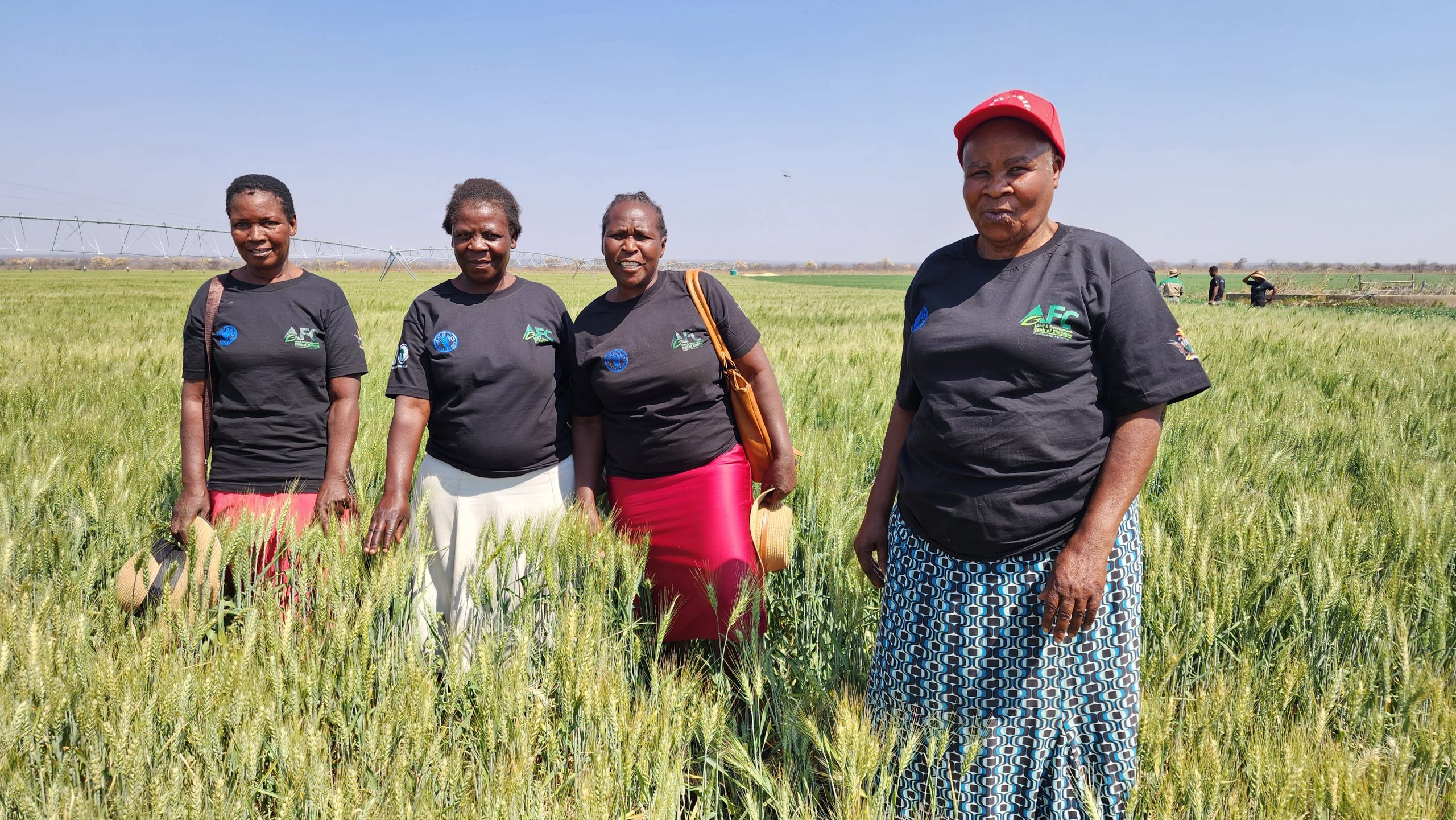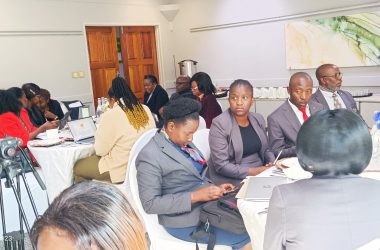By Maricho Reporter
Simbisa Brands is not just serving meals; it is serving a vision for a sustainable, profitable, and responsible future.
In an industry long associated with convenience at the cost of sustainability, Simbisa Brands Limited is charting a different course.
The Pan-African quick service restaurant powerhouse—behind household names like Chicken Inn, Pizza Inn, and Nando’s—is demonstrating that robust corporate growth and environmental stewardship are not mutually exclusive, but mutually reinforcing.
Simbisa Brands outlined a deliberate strategy for a greener future in its Audited Abridged Financial Results for the year ended 30 June 2025.
From eliminating single-use plastics through a full transition to biodegradable paper packaging in Zimbabwe and Kenya, to rolling out an electric delivery bike fleet, Simbisa is embedding climate-conscious practices at the heart of its operations. This is proof that a profitable QSR business can thrive while taking tangible steps toward responsible waste management and a low-to-zero carbon footprint.
Chairman, Addington Chinake said the Group remains focused on prioritising sustainability across its operations,
innovations and strategic decisions.
“Our Sustainability Champions and Management continue to drive the agreed sustainability projects and initiatives, with a keen focus on Sustainable Development Goals as defined in our Group Sustainability Policy which is regularly reviewed. On 1 February 2025, our Zimbabwe and Kenya markets transitioned to 100% biodegradable paper packaging across all brands demonstrating our commitment to responsible waste management,” said Chinake.
The group-wide shift is far more than a cosmetic change; it is a fundamental re-engineering of the customer experience from an environmental perspective. By moving away from conventional, petroleum-based plastics that persist in landfills for centuries, Simbisa is directly addressing the scourge of plastic pollution in the communities it serves.
This commitment to responsible waste management demonstrates a deep understanding of the company’s broader environmental impact. The QSR industry generates significant packaging waste and the reliance on single-use plastic for speed and mass production is a major driver of plastic waste.
The low recycling rates for the plastic used in QSR packaging exacerbate the problem, as less than 14% of plastic packaging is recycled globally.
Recyclable, recycled, biodegradable and compostable packaging has numerous advantages including reduction in the amount of non-recyclable waste produced by businesses and consumers, decreasing the number of waste products in landfills.
Biodegradable packaging also puts more emphasis on sustainability and sustainable culture, encouraging recycling and using renewable resources to create packaging and helps businesses win more environmentally conscious customers, allowing them to diversify their markets and appeal to wider audiences. Eco-friendly packaging directly tackles the significant environmental issues caused by single-use plastic packaging
By opting for biodegradable materials, Simbisa is taking ownership of its product’s entire lifecycle. This initiative not only mitigates long-term environmental harm but also aligns with a growing consumer consciousness who increasingly favour brands that reflect their ecological values. It’s a strategic move that protects the environment while future-proofing the business.
However, Simbisa’s sustainability strategy recognises that a restaurant’s environmental impact is not confined to the waste bin.
The second critical pillar of the group’s approach addresses the carbon emissions generated by its thriving delivery business. As revealed in the year to June, delivery sales have skyrocketed, growing by 33% in Kenya and 42% in Zimbabwe year-on-year, as customers are increasingly embracing the convenience of the group’s digital delivery channels and growing fleet. While this is a tremendous commercial success, it comes with an increasing carbon cost from a growing fleet of petrol-powered motorcycles.
In a proactive response signaling a concerted effort to decarbonise a core part of its logistics chain, Simbisa’s Kenyan operation has seen a significant growth in its fleet of electric motorbikes for deliveries.
Electric vehicles (EVs) produce zero tailpipe emissions, immediately reducing urban air pollution and the company’s reliance on fossil fuels. The success in Kenya has provided a proven model.
“Plans to introduce these EV delivery motor bikes in other markets, starting with Zimbabwe are at an advanced stage. These initiatives contribute to the Group’s strategic response to climate change and transition towards a low to ZERO carbon footprint,” added Chinake.
Simbisa’s approach is about addressing both the waste output from its stores and the carbon input from its services, creating a virtuous cycle that significantly lowers the company’s overall environmental footprint.
The drive towards sustainability is also echoed in other areas of the report, including an active rollout of solar-powered facilities at its stores.
“The Group remains committed to sustainable operations with continuous improvement in this area being a major focus. There is an active rollout of solar-powered facilities at our stores, and a deliberate expansion of our Electrical Bike (EV) delivery fleet. It is our stated intention to be a leader in Africa’s QSR sector in the quest for a sustainable, low-carbon future. These initiatives also benefit the communities we serve and will also strengthen Simbisa’s long-term competitiveness,” said Chinake.
Simbisa closed the financial year ended 30 June 2025 on a strong footing, reporting a 7% growth in revenue to US$306.5 million, up from US$286.4 million in 2024. Operating profit rose 8.8% to US$45.4 million, while profit before tax advanced by 11.3% to US$23.4 million. Headline earnings climbed 5.5% to US$16.5 million, underpinned by consistent consumer demand across the group’s expanding quick-service restaurant portfolio.
The group maintained robust cash generation, with US$51.3 million generated from operations, reflecting disciplined cost management and operational efficiencies. Total assets grew by 10% to US$206.6 million, while equity increased by 12.5% to US$97.8 million, strengthening the balance sheet and enabling the Board to declare a final dividend of 0.453 US cents per share.











